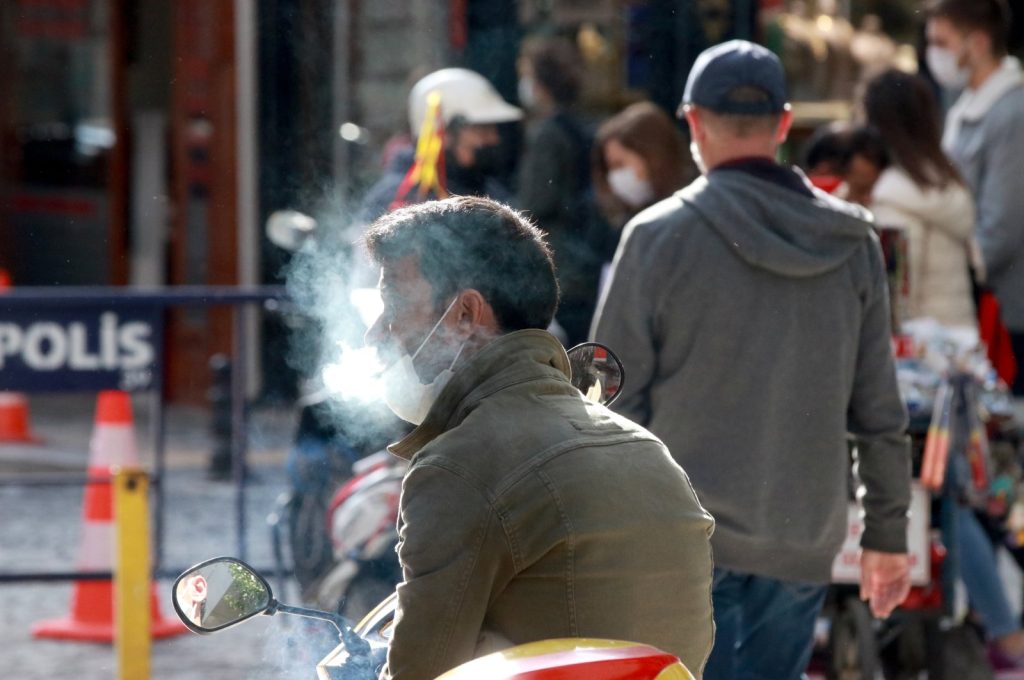Sweden is on the verge of becoming the first smoke-free country in Europe as the daily consumption of cigarettes continues to decline. The decreasing trend in smoking habits is a significant milestone in the nation’s journey towards better public health. With stricter regulations, increased awareness campaigns, and effective tobacco control measures, Sweden is leading the way in creating a smoke-free environment.
The progressive decline in daily cigarette use showcases the positive impact of comprehensive anti-smoking initiatives implemented by the Swedish government. These efforts include stringent tobacco control laws, graphic warning labels on cigarette packages, public smoking bans, and support programs for smoking cessation. Such measures have contributed to a significant reduction in smoking prevalence and are shaping a healthier future for the population.
Stricter Regulations and Effective Control Measures
Sweden’s success in curbing smoking habits can be attributed to its commitment to stringent regulations and effective control measures. The government has implemented comprehensive tobacco control laws that restrict advertising and marketing of tobacco products. Additionally, graphic warning labels on cigarette packages serve as powerful deterrents, educating consumers about the severe health risks associated with smoking.
Public Smoking Bans and Support Programs
To further discourage smoking, Sweden has enacted public smoking bans in various settings, including indoor public places, workplaces, and public transportation. These bans protect non-smokers from secondhand smoke and create a smoke-free environment that encourages healthier choices.
Furthermore, the Swedish government has prioritized supporting individuals in their journey to quit smoking. The availability of accessible and affordable smoking cessation programs, along with the provision of nicotine replacement therapies, has played a crucial role in helping smokers break free from their addiction.
Broader Implications for Society
The success in curbing smoking habits not only benefits individuals but also has broader implications for society. A smoke-free Sweden sets an inspiring precedent for other European countries to follow suit in their quest for improved public health. It highlights the effectiveness of evidence-based policies and collective efforts in combating tobacco addiction and its associated health risks.
By striving to become a smoke-free nation, Sweden aims to protect its citizens from the detrimental effects of smoking, such as lung cancer, respiratory diseases, and cardiovascular conditions. Moreover, reducing tobacco consumption will alleviate the burden on healthcare systems and promote a cleaner and greener environment by minimizing cigarette-related litter and pollution.
A Call to Action for Europe
The progress made by Sweden in its journey towards smoke-free status serves as a call to action for other nations to intensify their anti-smoking efforts. By implementing comprehensive tobacco control measures, raising awareness about the health risks, and providing accessible support for smoking cessation, countries can create healthier communities and contribute to a smoke-free Europe.
As Sweden inches closer to its smoke-free goal, it sets a powerful example of the positive impact that determined action against tobacco can achieve. With continued dedication and collaboration, a healthier and smoke-free future is within reach for countries across Europe and beyond. Together, we can build a Europe where the harmful effects of smoking are minimized, and the well-being of citizens is prioritized

